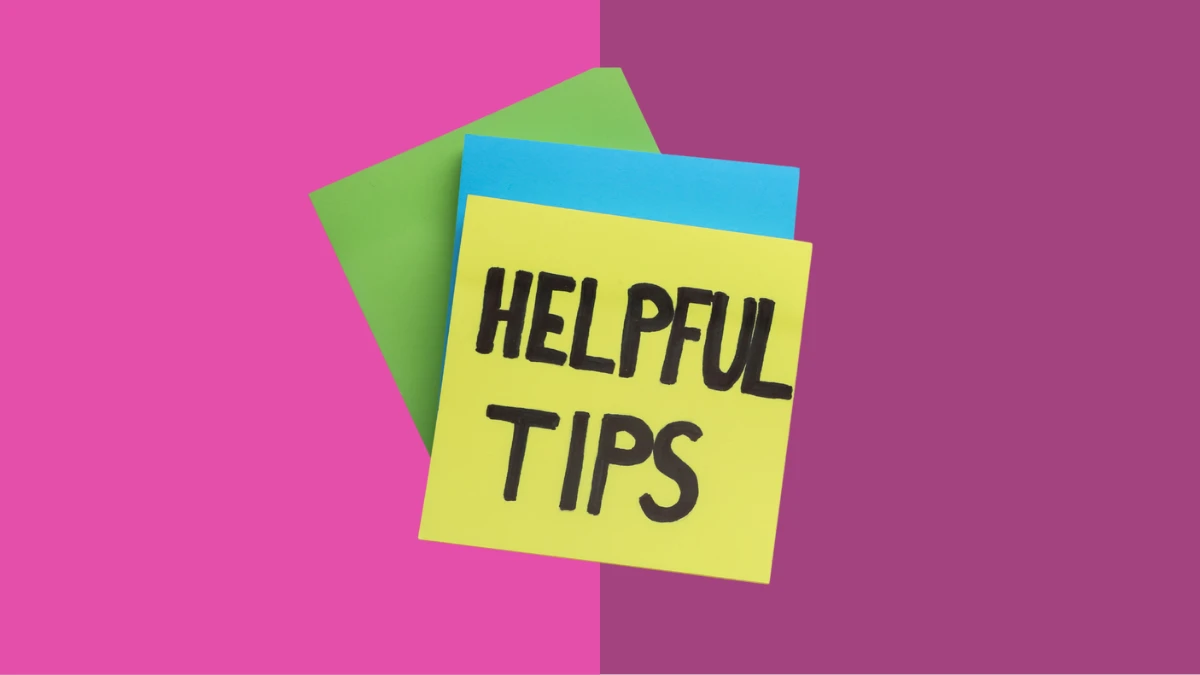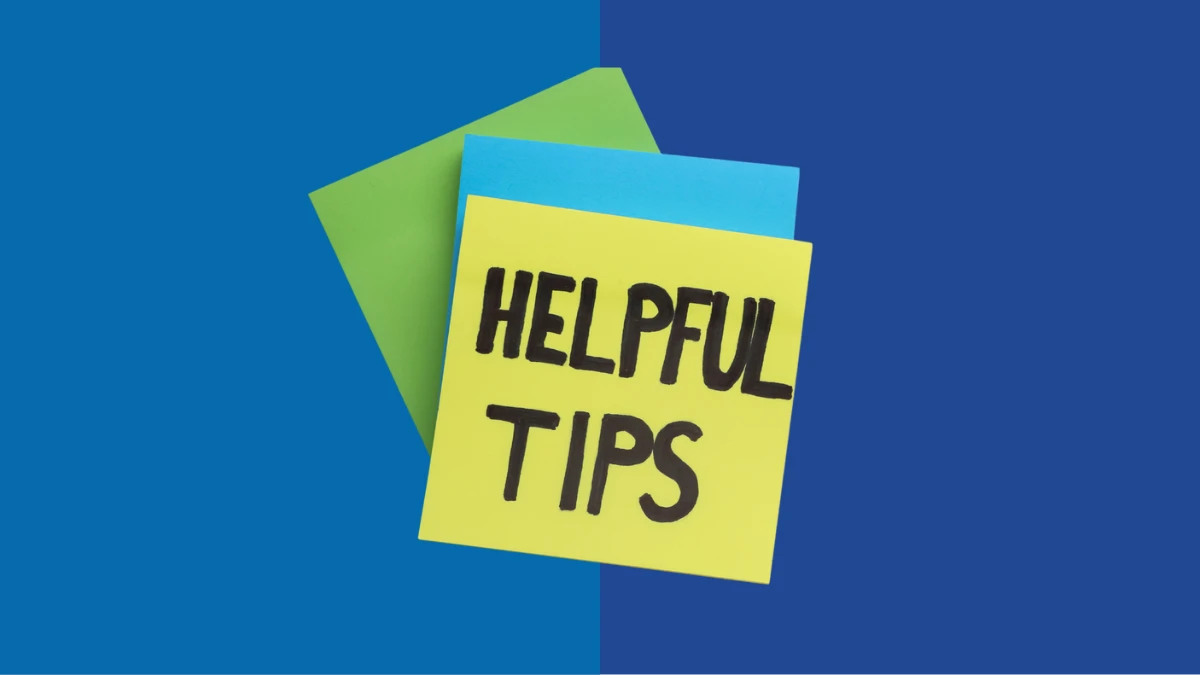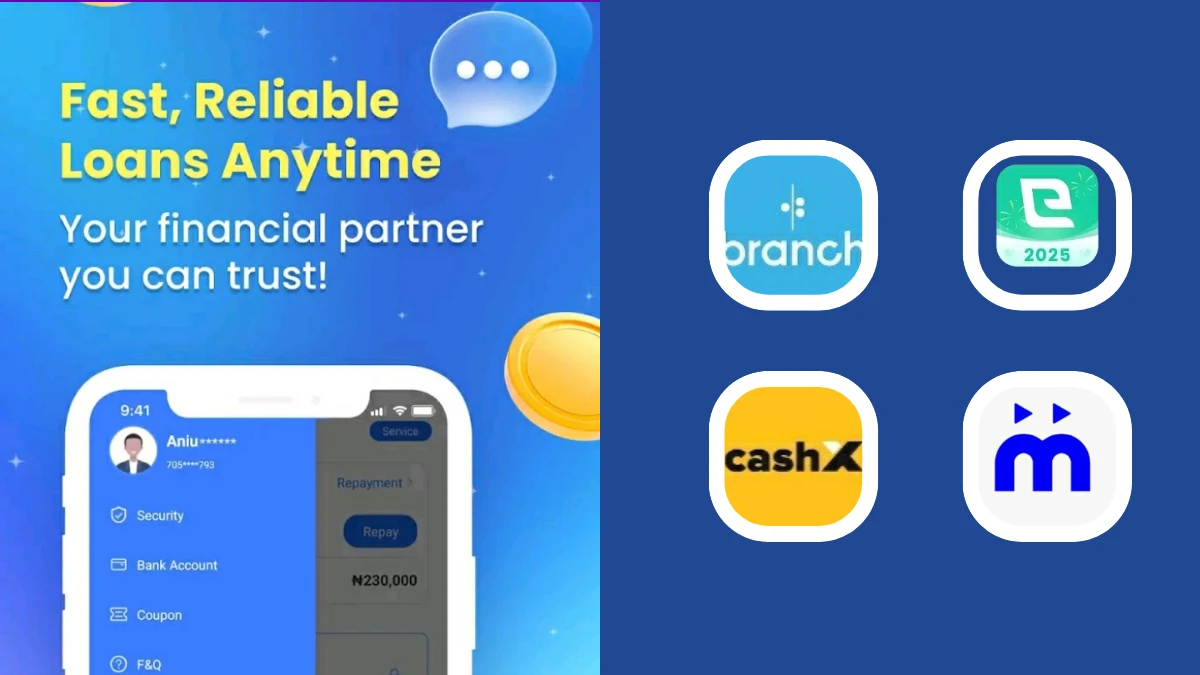How to Avoid Debt Shaming From Loan Apps In Nigeria
Digital lending in Nigeria has seen massive growth, offering fast access to cash without paperwork or collateral. But alongside this convenience has come a rising concern—debt shaming by loan apps. From threatening SMS messages to calling borrowers’ contacts, many Nigerians … Read more



